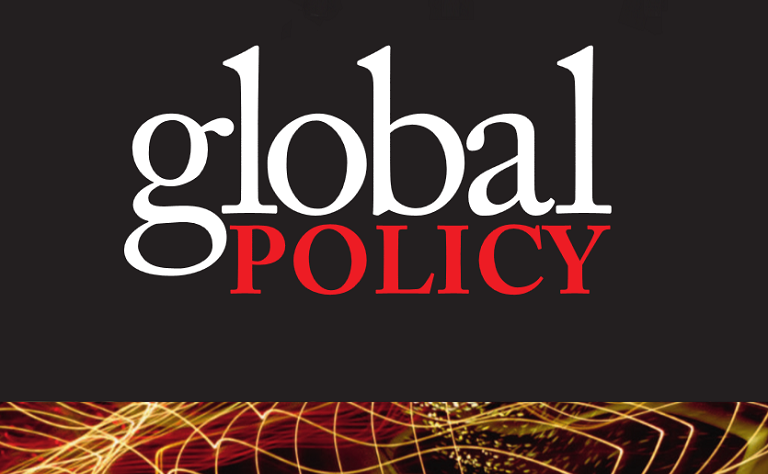Japan in the 2019 G20 and G7 Summits: A Key Partner for Europe?

This essay offers a general assessment of Japan’s performance in the 2019 G20 and G7 Summits, held respectively in Osaka, Japan and Biarritz, France and looks at how Tokyo coordinated with its European partners (The European Union (EU) institutions and the EU Member States) in these international settings.
The analysis reveals several differences and expectation gaps between the two partners. In particular, even if Tokyo is aligned with most European objectives in terms of trade and data governance, Japan insists on accommodating the US, on which its security still very much depends. Also, Japan’s preference for consensus-building disappoints European states’ search for a more ambitious leadership – on the issue of climate change, for example. On Japan’s side too, there is frustration. The rigidity of European positions and solutions (on a strict protection of digital data privacy, for example) is a concern. Regarding the G7 Summit held in France, the informality of the meeting was an issue for Japan’s formal diplomatic style and Tokyo was disappointed by the very brief mention of Asian affairs in the final communiqué. A candid dialogue between Japan and its European partners, backed by track 1.5 discussions, should be held to reduce misunderstandings and more efficiently push common interests in multilateral settings.
Policy Recommendations
- Japan should more clearly delineate its priorities, objectives and constraints, while advocating its role as a consensus-builder and go-between in international settings.
- Europeans should acknowledge the constraints of Japan’s strategic autonomy and the characteristics of its diplomatic style in order to ensure an optimal cooperation in the G7/G20 meetings to come.
- A permanent candid dialogue between Europeans and Japanese through Track 1.5 venues should strengthen mutual understanding and help advance their partnership
The full article is available on Global Policy's website.

Available in:
Regions and themes
Share
Related centers and programs
Discover our other research centers and programsFind out more
Discover all our analysesJapan’s Takaichi Landslide: A New Face of Power
Prime Minister Sanae Takaichi has turned her exceptional popularity into a historic political victory. The snap elections of February 8 delivered an overwhelming majority for the Liberal Democratic Party (LDP), driven by strong support from young voters, drawn to her iconoclastic and dynamic image, and from conservative voters reassured by her vision of national assertiveness. This popularity lays the foundation for an ambitious strategy on both the domestic and international fronts.
The U.S. Policy Toward Taiwan Beyond Donald Trump: Mapping the American Stakeholders of U.S.-Taiwan Relations
Donald Trump’s return to the White House reintroduced acute uncertainty into the security commitment of the United States (U.S.) to Taiwan. Unlike President Joe Biden, who repeatedly stated the determination to defend Taiwan, President Trump refrains from commenting on the hypothetical U.S. response in the context of a cross-Strait crisis.

China’s Strategy Toward Pacific Island countries: Countering Taiwan and Western Influence
Over the past decade, China has deployed a diplomatic strategy toward the Pacific Island Countries (PICs). This strategy pursues two main objectives: countering Taiwan's diplomatic influence in the region and countering the influence of liberal democracies in what Beijing refers to as the "Global South."

Opening up the G7 to South Korea to Address Contemporary Global Challenges
The G7’s global influence has diminished as powers like China reshape international governance through initiatives such as BRICS and the Shanghai Cooperation Organisation (SCO). With the G7 now representing just 10 per cent of the world’s population and 28 per cent of global GDP, its relevance is increasingly questioned.










